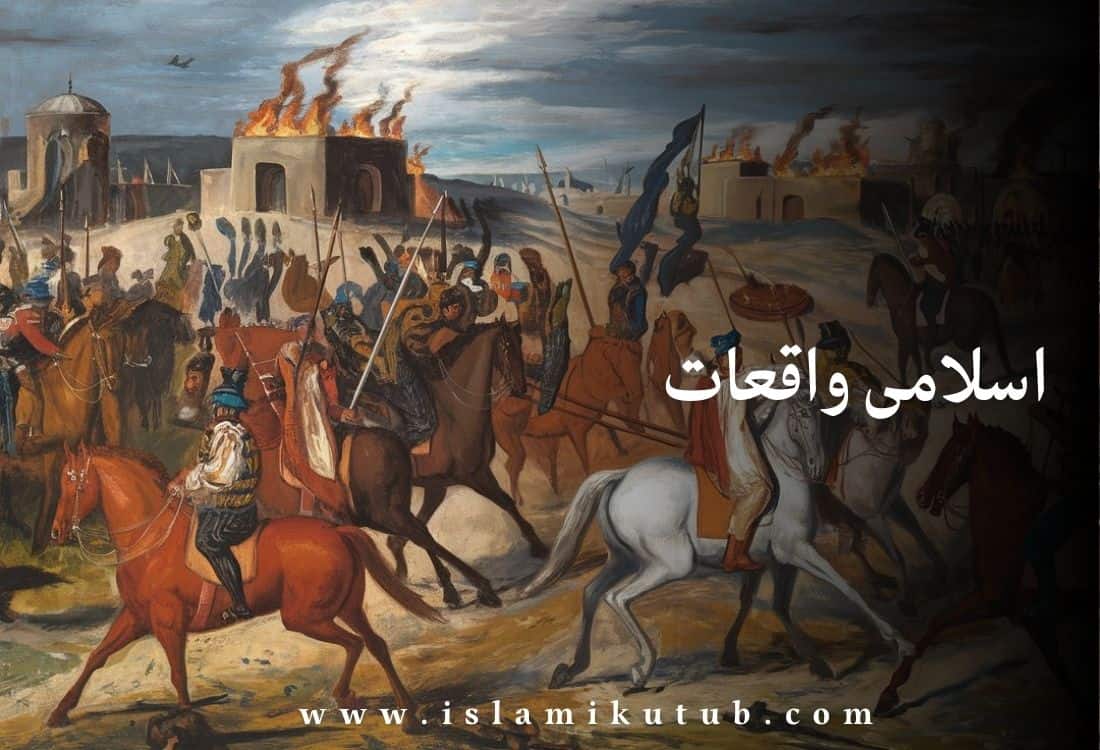
In today’s fast-paced world, where information is readily available but often overwhelming, the role of Islamic scholars has never been more crucial. These learned individuals are not just bearers of knowledge; they are the torchbearers of tradition, guiding the faithful through the complexities of life with wisdom rooted in the teachings of Islam.
Islamic scholars, known as Ulama (plural of Alim), are individuals who have devoted their lives to studying the Qur’an, Hadith, Fiqh (Islamic jurisprudence), and other Islamic sciences. Their role is multifaceted, ranging from teaching and preaching to offering legal opinions (fatwas) and advising on personal and communal matters.
In an age where misinformation can spread like wildfire, the guidance of knowledgeable scholars is indispensable. They help clarify misconceptions, interpret religious texts in the context of contemporary issues, and provide moral and spiritual support to the community.
Consider the story of Ahmed, a young Muslim living in a non-Muslim majority country. Ahmed found himself struggling with questions about his faith, especially when confronted with differing interpretations of Islamic teachings. Confused and overwhelmed, he turned to online sources, only to find conflicting information that left him more uncertain than before.
It wasn’t until Ahmed sought the guidance of a local Islamic scholar that he found clarity. The scholar not only answered his questions but also provided him with a deeper understanding of Islam, tailored to his unique circumstances. This experience transformed Ahmed’s relationship with his faith, reinforcing the importance of seeking knowledge from reputable sources.
Becoming an Islamic scholar is a path that requires dedication, discipline, and a deep love for knowledge. The journey typically begins with the study of the Qur’an, often memorizing it in its entirety. This is followed by the study of Hadith (the sayings and actions of Prophet Muhammad, peace be upon him), Fiqh, Tafsir (Qur’anic exegesis), and other Islamic sciences.
In many traditional Islamic schools, known as Madrasas, students spend years immersed in these studies. They learn not only the content of these texts but also how to interpret and apply them in different contexts. This rigorous training equips them with the tools they need to serve their communities effectively.
Islamic scholars play a vital role in addressing contemporary issues facing the Muslim community. From ethical questions surrounding technology to challenges related to living in multicultural societies, scholars provide insights grounded in Islamic principles.
For instance, consider the ethical dilemmas surrounding artificial intelligence and its potential impact on jobs. Islamic scholars might explore how Islamic teachings on fairness, justice, and the dignity of labor apply to this issue. They could offer guidance on how Muslims can navigate these challenges while staying true to their faith.
Furthermore, Islamic scholars are often involved in interfaith dialogue, helping to build bridges between different religious communities. Their deep understanding of Islamic teachings allows them to engage in meaningful conversations with people of other faiths, promoting peace and mutual understanding.
Benefiting from the wisdom of Islamic scholars is easier than you might think. Here’s a step-by-step guide to help you get started:
The influence of Islamic scholars extends far beyond the mosque. Their teachings touch every aspect of life, offering guidance on how to live in accordance with Islamic principles in a modern world. By seeking their knowledge and applying it in your life, you can not only strengthen your faith but also navigate the challenges of today’s world with confidence.
Investing in learning from Islamic scholars is not just a personal journey; it’s an investment in your future, your community, and your relationship with Allah. So, take the first step today—whether it’s attending a lecture, reading a book, or simply following a scholar online—and begin your journey toward a deeper understanding of Islam.
In a world filled with uncertainty, the wisdom of Islamic scholars is a beacon of light that can guide you through life’s most challenging moments. Don’t miss the opportunity to benefit from their knowledge and experience the transformative power of their teachings.



A lectus ac pulvinar tincidunt accumsan. Ullamcorper dolor at lectus ac, sed facilisis hac. Molestie aliquam ut blandit nibh vulputate lectus in sit. Egestas in dolor dui purus tincidunt eget cras nisl est aliquam ut blandit nibh vulputate lectus ullamcorper.
Stay connected with us for the latest updates on new arrivals, special offers, and insightful articles on Islamic literature. Subscribe now to enrich your journey with faith and knowledge!